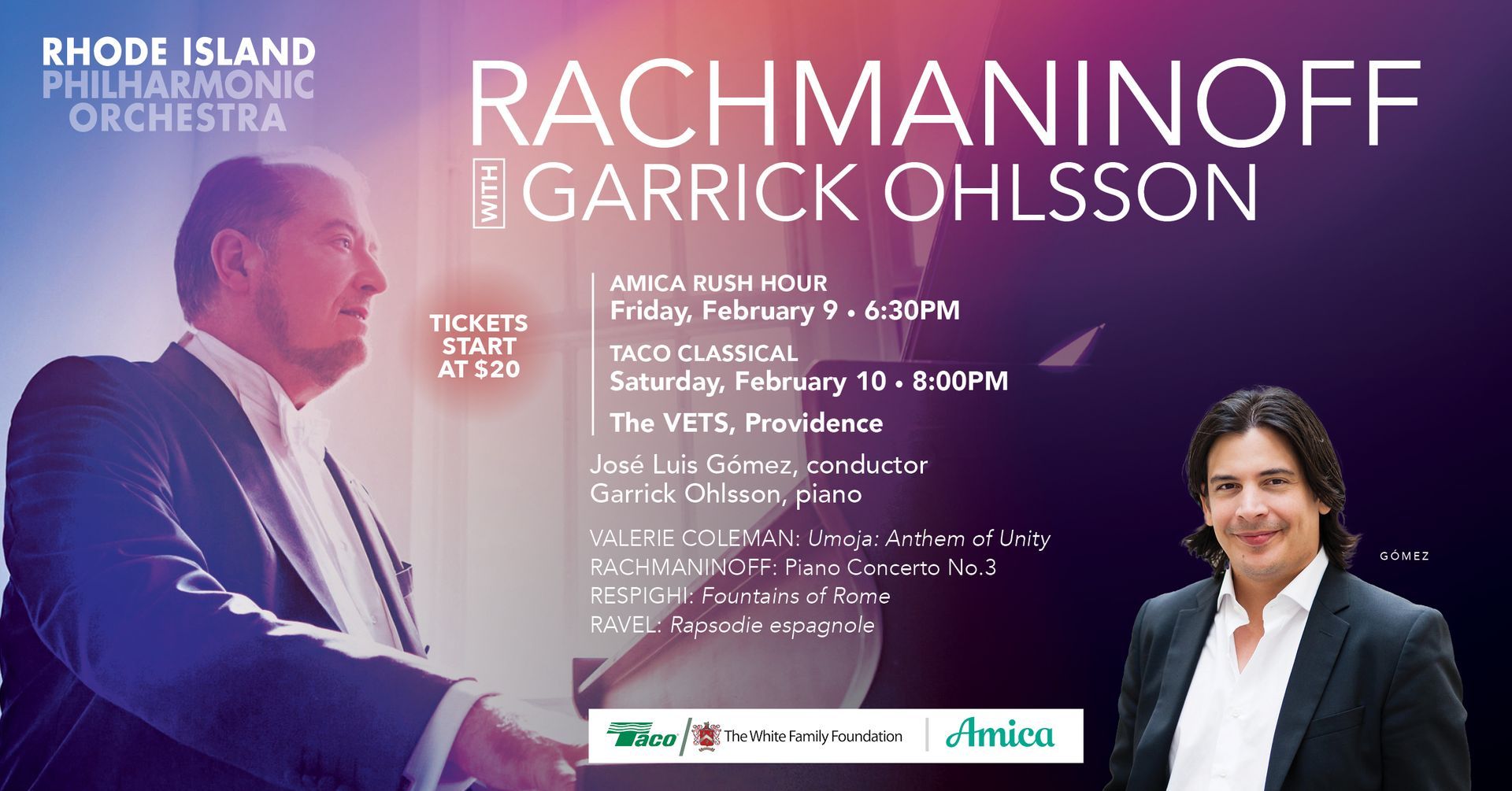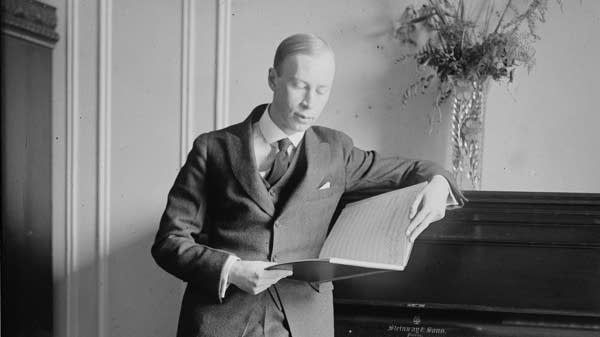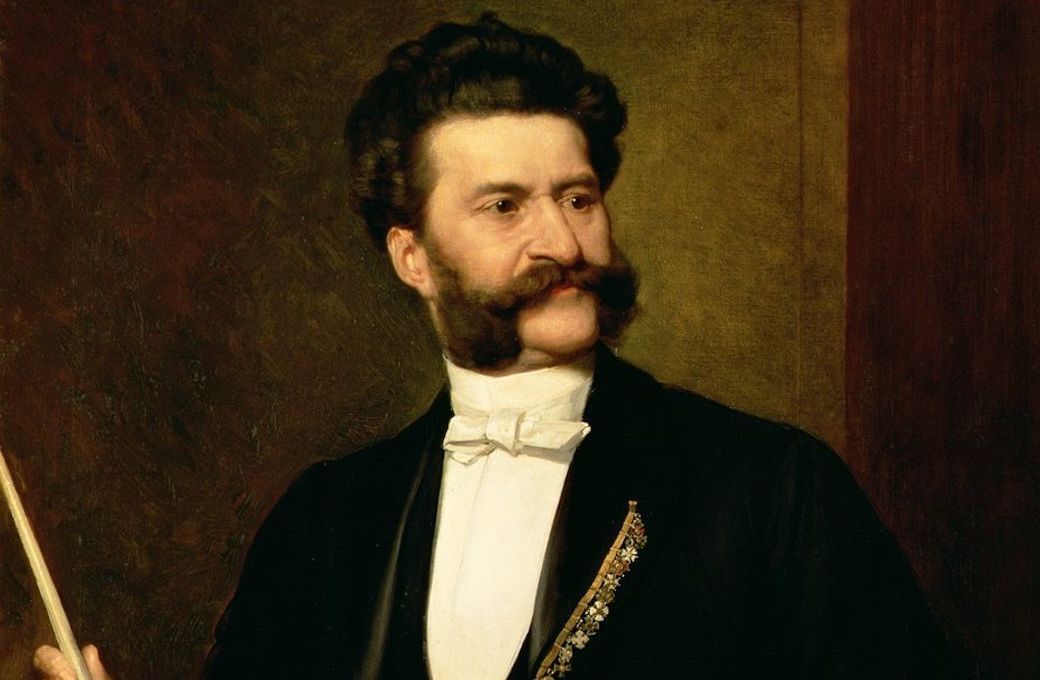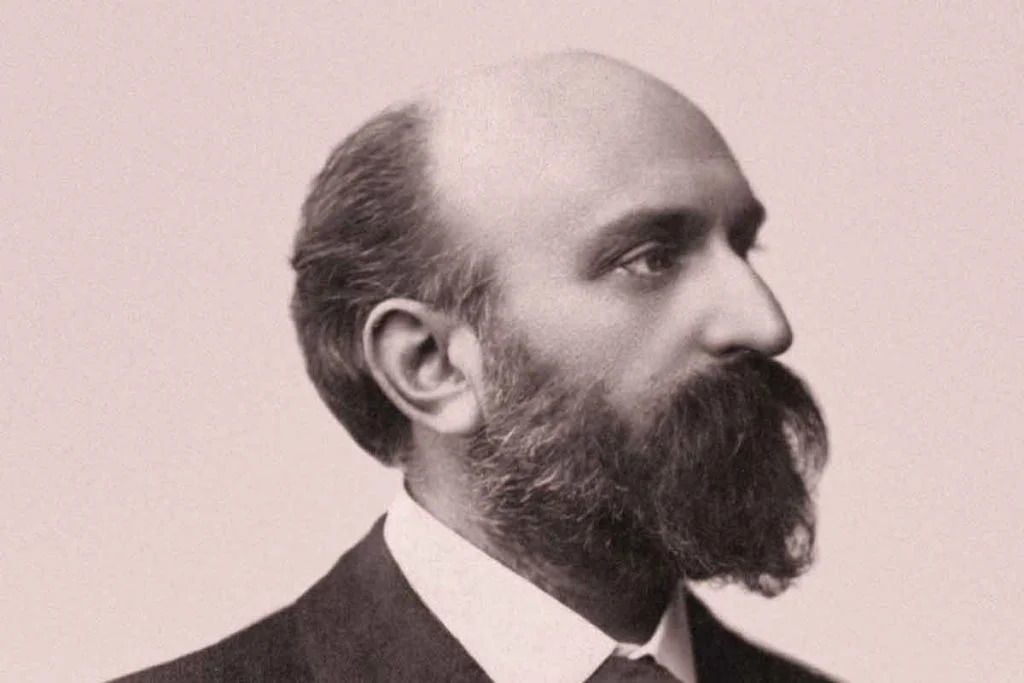THE STORY BEHIND: Coleman's "Umoja: Anthem of Unity"
Share
On February 9 & 10, conductor José Luis Gomez and the Rhode Island Philharmonic Orchestra will present RACHMANINOFF WITH GARRICK OHLSSON.

Title:
Umoja: Anthem of Unity
Composer: Valerie Coleman (1970-
)
Last time performed by the Rhode Island Philharmonic:
This is a RI Philharmonic Orchestra premiere. This piece is scored forfor two flutes, piccolo, two oboes, English horn, two clarinets, bass clarinet, two bassoons, two horns, two trumpets, trombone, bass trombone, tuba, timpani, percussion, harp, piano and strings.
The Story:
Valerie Coleman is a flutist, composer, and the founder of the Imani Winds ensemble. In 2019, she became the first African-American woman to receive a commission from the Philadelphia Orchestra, the result of which was
Umoja: Anthem of Unity. This work was premiered by that orchestra, with Yannick Nézet-Séguin on the podium, as part of the WomenNOW celebration. One year later she was hailed by the
Washington Post as among the “Top 35 Women Composers.”
Coleman began composing at an early age, working with a portable organ. By age 14, she had written three full-length symphonies. She went on to earn a double B.A. in composition and flute performance from Boston University. Her master’s degree from Mannes College of Music was in flute performance. Coleman is known for combining jazz with classical music. One of the albums containing her music was nominated for a “Best Classical Crossover Album” Grammy.
Umoja: Anthem of Unity was commissioned through SPONSOR for the Philadelphia Orchestra, Yannick Nézet-Séguin, Conductor. It was part of the 2019–2020 WomenNOW celebration. Program notes from the premiere read as follows:
In its original form, Umoja, the Swahili word for Unity and the first principle of the African Diaspora holiday Kwanzaa, was composed as a simple song for women's choir. It embodied a sense of “tribal unity,” through the feel of a drum circle, the sharing of history through traditional “call and response” form and the repetition of a memorable sing-song melody. It was rearranged into woodwind quintet form during the genesis of Coleman’s chamber music ensemble, Imani Winds, with the intent of providing an anthem that celebrated the diverse heritages of the ensemble itself.
Almost two decades after the original, the orchestral version brings an expansion and sophistication to the short and sweet melody, beginning with sustained ethereal passages that float and shift from a bowed vibraphone, supporting the introduction of the melody by solo violin. Here the melody is a sweetly singing in its simplest form with an earnest reminiscent of Appalachian style music. From there, the melody dances and weaves throughout the families, interrupted by dissonant viewpoints led by the brass and percussion sections, which represent the clash of injustices, racism, and hate that threaten to gain a foothold in the world today. Spiky textures turn into an aggressive exchange between upper woodwinds and percussion, before a return to the melody as a gentle reminder of kindness and humanity. Through the brass-led ensemble tutti, the journey ends with a bold call of unity that harkens back to the original anthem. Umoja has seen the creation of many versions that are like siblings of one another, similar in many ways, but each with a unique voice that is informed by Coleman’s ever evolving creativity and perspective.
About the music, Coleman adds a comment:
This version honors the simple melody that ever was, but is now a full exploration into the meaning of freedom and unity. Now more than ever, Umoja has to ring as a strong and beautiful anthem for the world we live in today.
Program Notes by Dr. Michael Fink © 2023 ALL RIGHTS RESERVED
Tickets start at $20! Click HERE or call 401-248-7000 to purchase today!







